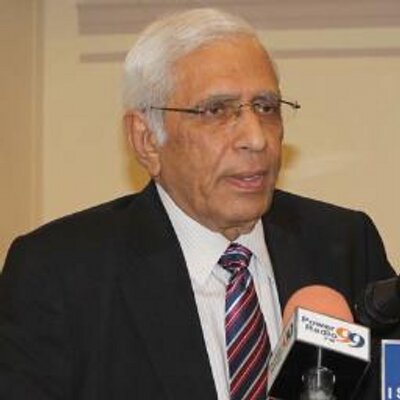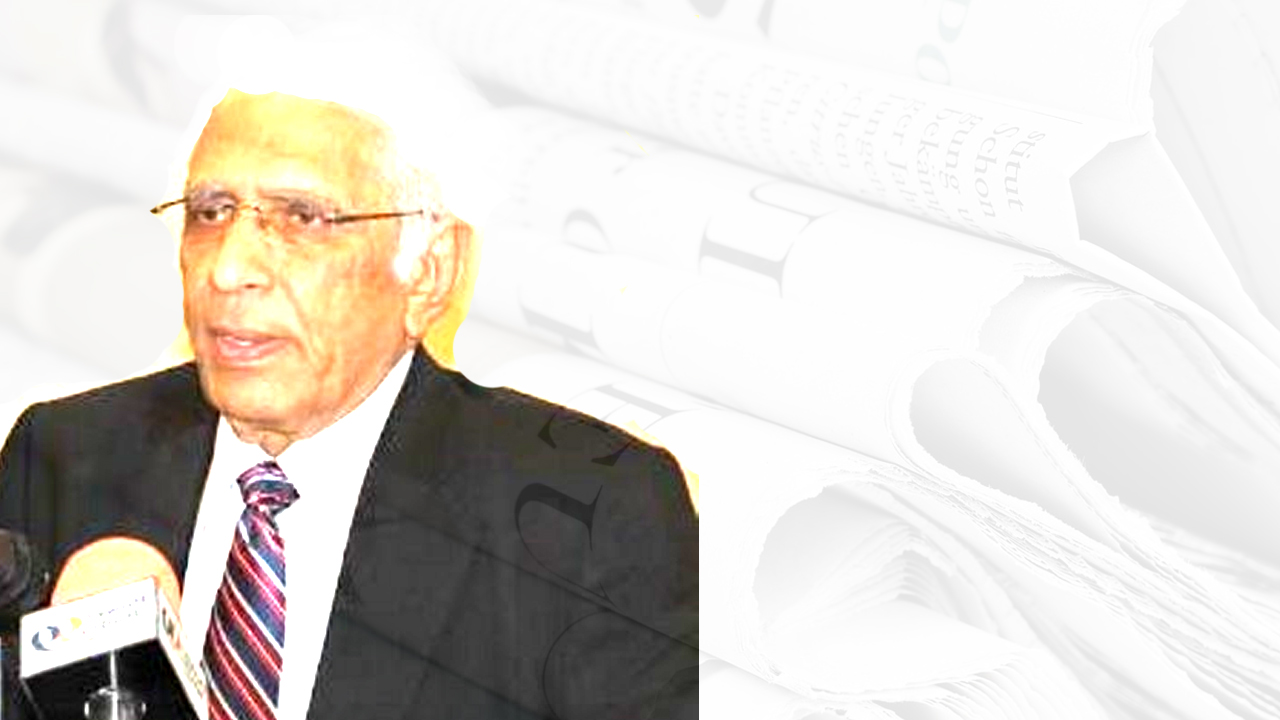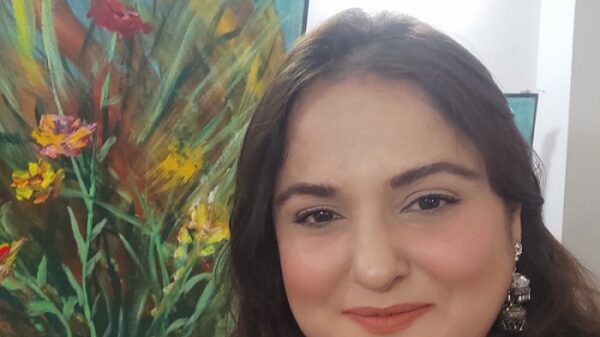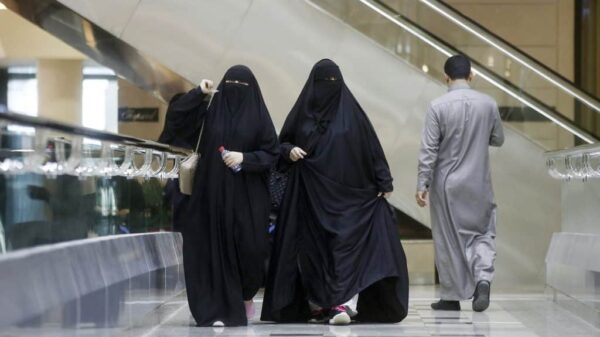Media being a public service industry and truth being its main product, it needs all the freedom it can muster to make the commodity available to the general public without fear or favor. And that too in the larger national interest.

Given the peculiar socio-cultural, politico-economic, and security conditions of a society in which the media industry functions, and also given the dynamism of each of these conditions that continuously keep pushing the boundary lines, the industry cannot be forced to abide by a straight-jacketed code of ethics. In plain words, what is taboo for media today could be okay tomorrow. Considering the evolving dynamism of the platforms, from notice boards to newspapers to broadcast media to social media, and with information technology merging with telecom technologies, a static media code of ethics would only cause wasteful, counterproductive, and harmful news/views traffic jams.
Social media is a double-edged sword. With one click it opens a dynamic new world of knowledge and information, limitless in its scope and reach.
The best course, therefore, is to leave it to the media industry to keep evolving a code of ethics of its own, dictated continuously by the changes occurring in the code of ethics governing a given society. And since the quality of the output is tested constantly at the bar of media’s integrity and credibility, media organizations, it is believed, in their own self-interest would ensure strict adherence to their main public service role of seeking the truth and nothing but the truth. And in case of any serious violation of legal norms, the industry could be subjected to the existing laws of the land. There is no need to introduce special laws to discipline the media.
In a free market economy to keep the profit motive of the private sector within the bounds of reason, each industrial sector is regulated by a specific autonomous regulatory body set up under laws legislated by parliament. The private sector media industry too, for the same reasons, needs to be regulated by such a body.
Our print media is being regulated by the Pakistan Press Council (PPC) and broadcast media by the Pakistan Electronic Media Regulatory Authority (PEMRA). However, since the two bodies are not legally autonomous but are the line departments of the information ministry which in turn is part of the government of the day, they function at the whims of the latter and not always in the best interest of the nation. Since it is the information ministry that controls these bodies, governments tend to manipulate them to promote their own political interests or misuse them to undermine those of the opposition. That is perhaps why directives issued by these regulatory bodies are often challenged by the media. Therefore, to make them truly autonomous regulatory authorities, they should first be liberated from the information ministry.
Social media is a double-edged sword. With one click it opens a dynamic new world of knowledge and information, limitless in its scope and reach. But the same click can take one on a journey into a warped world— high-profile scandals related to electoral interference, fake news and misinformation, violations of data privacy, and suppression of political activism by anti-democratic regimes.
On the face of it, the situation demands stricter regulations. But any attempt to regulate social media via government controls risks limiting the limitless world of knowledge and information. Therefore, until an ideal regulatory system is evolved for the social media, it would be advisable to let the users themselves function as the regulators voluntarily abiding by the law of the land and the code of ethics operating in a particular society.










